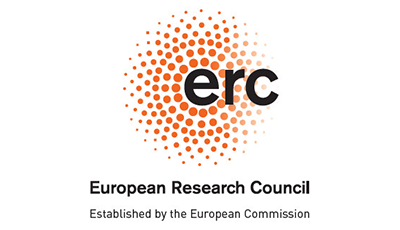Cultural Expertise in Socio-Legal Studies and History
This conference inaugurates the project titled 'Cultural Expertise in Europe: What is it useful for?' funded by the European Research Council and directed by Livia Holden, based at the university of Padova. It brings together scholars with competence on cultural expertise in more than ten countries and adopting both historical and socio-legal perspectives. It aims at consolidating existing collaborations as well as encouraging interdisciplinary innovation and acting as springboard for junior scholars. The programme is conceived as an exploration of the variety of regulations and practices regarding the role and use of cultural expertise, temporarily defined as the “special knowledge that enables socio-legal scholars, or, more generally speaking, cultural mediators - the so-called cultural brokers-, to locate and describe relevant facts in light of the particular background of the claimants and litigants and for the use of the court”. This working definition is proposed as a referent for update and re-contextualisation within legal theories and in the living law.
Some papers adopt a diachronic perspective and critically explore the use of anthropological and socio-legal knowledge for legal purposes – in court, out of court, and irrespective from court - throughout ancient and modern history and in the processes of colonisation, decolonization, and in the post-colonial legal contexts. Some papers adopt a synchronic perspective and refer to the tension between Common Law and Civil Law traditions to explore how in the countries of Common Law the role of the expert witness has been expanded to systematically use cultural expertise; while in the countries of Civil Law, the judge appears reluctant to depart from the principle of being the only cognizant of the law. Most papers provide an overview of national legislation on the use of cultural expertise (and wherever occurs linkages with European legislation and international law); precedents and case law; and an overview of in-court and out-of-court sites where cultural expertise is used.
Whilst almost all papers develop on various kinds of first-hand data, the programme of the first day includes presentations that are more theoretically based, and the second day includes presentations that are either comparative or develop an in-depth analysis of a specific case of cultural expertise. Speakers will hold a variety of views on the topics of this conference: the aim is to foster a debate that is diverse, inclusive, constructive, and innovative.
This is a joint conference funded by EURO-EXPERT (ERC) and organised by the department of FISPPA, University of Padova; with the collaboration of CHAD, University of Paris Ouest; and the Centre for Socio-Legal Studies, University of Oxford.


